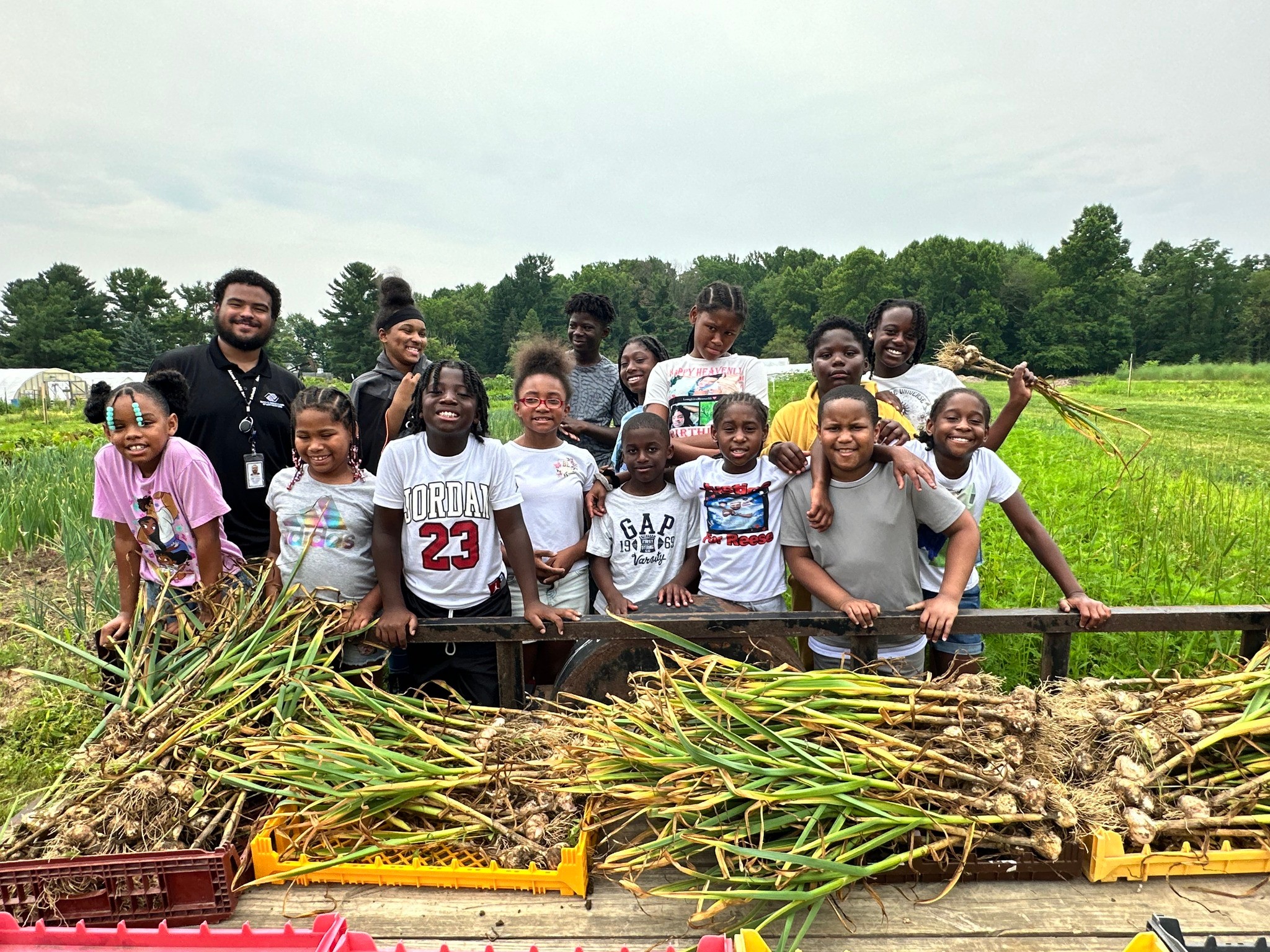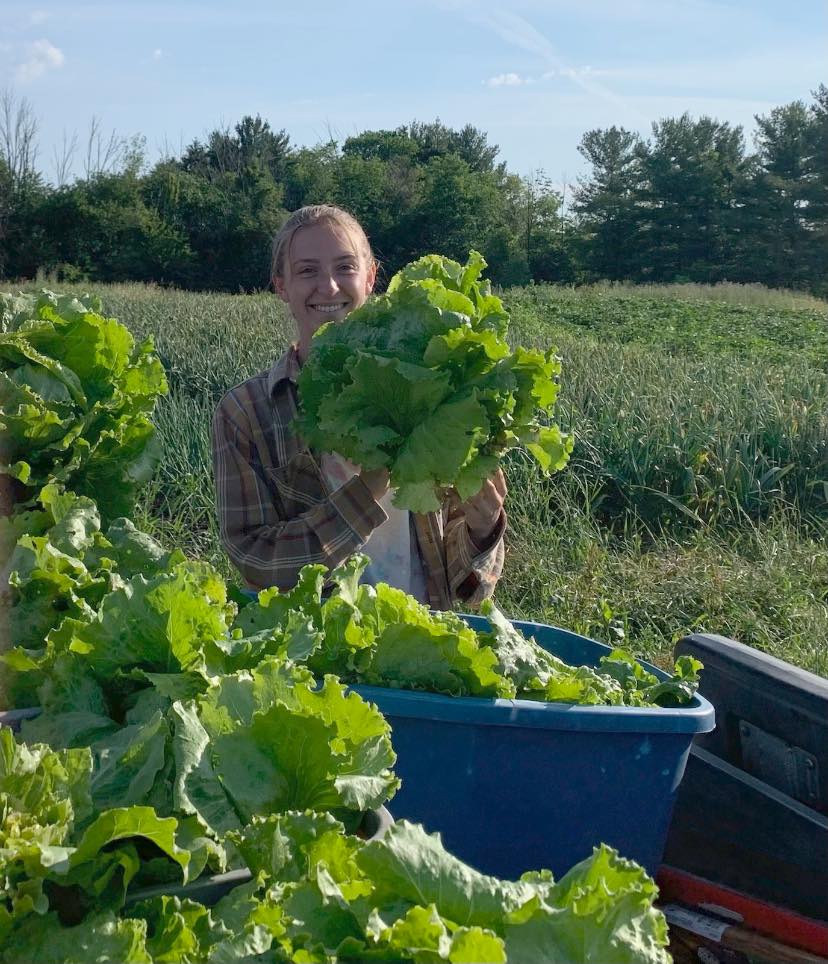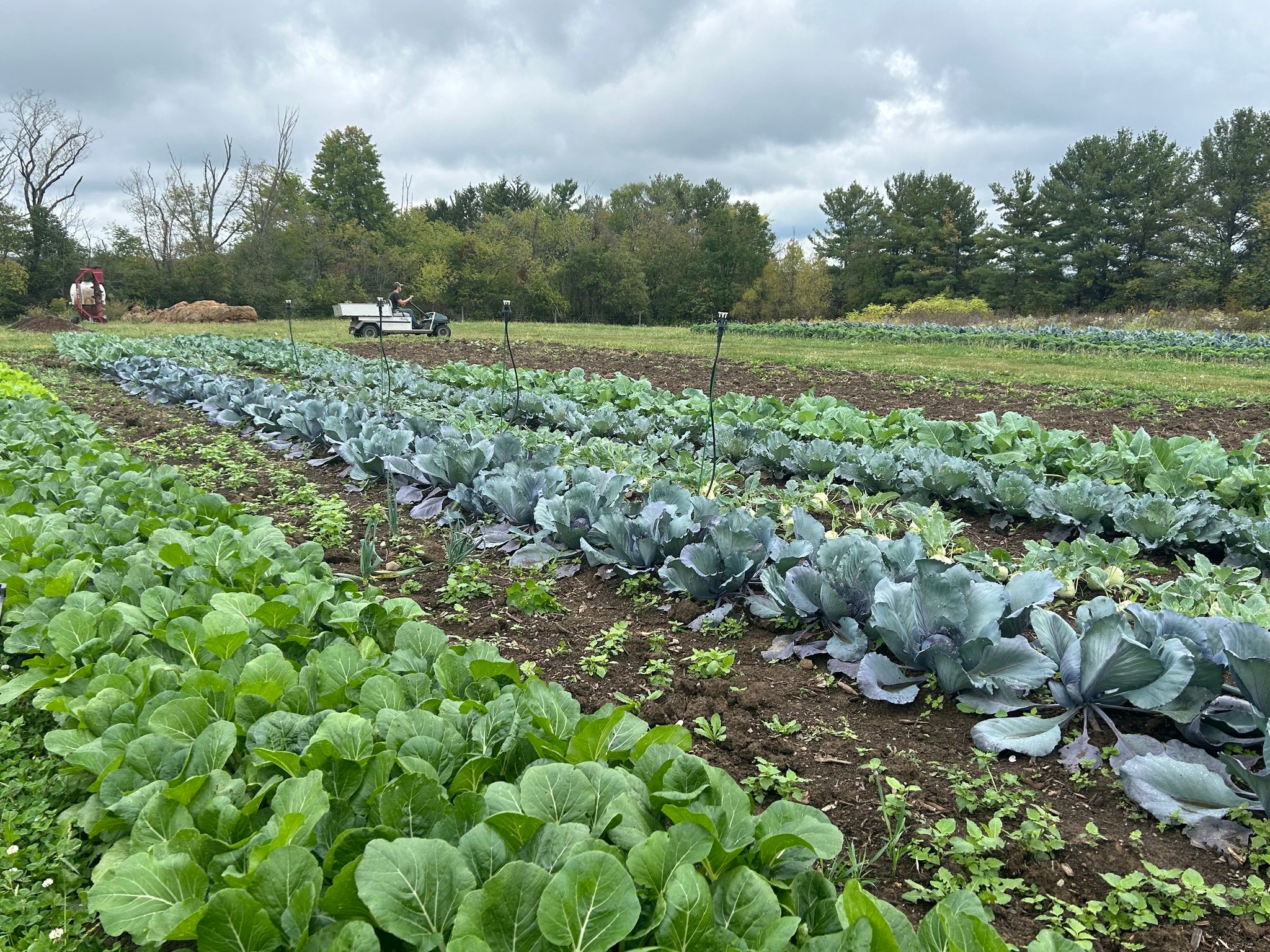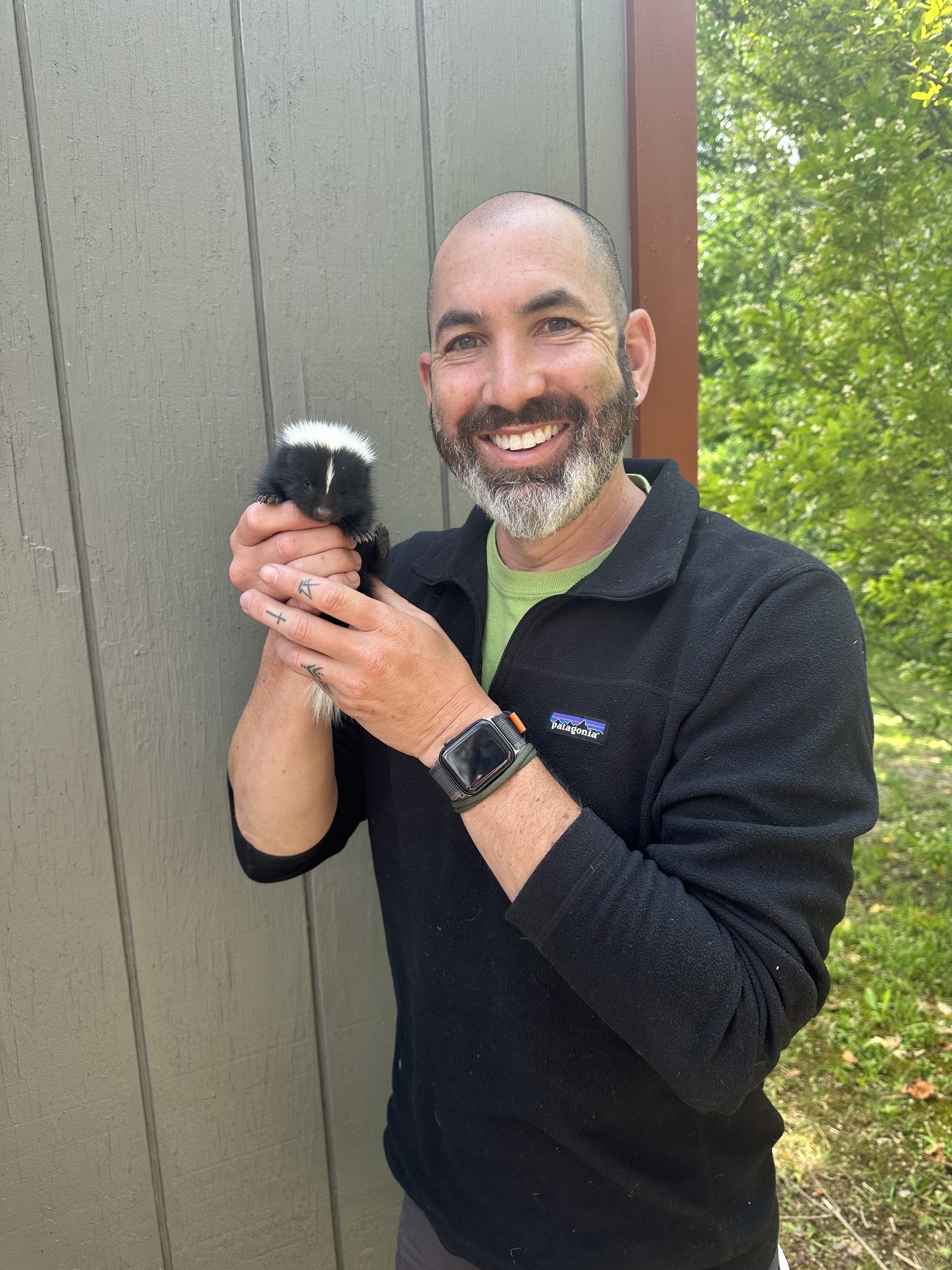Alright – so today we’ve got the honor of introducing you to Ian Roberts. We think you’ll enjoy our conversation, we’ve shared it below.
Ian, thanks for joining us, excited to have you contributing your stories and insights. Was there an experience or lesson you learned at a previous job that’s benefited your career afterwards?
The most important lesson I’ve learned came from walking into what looked like a ghost town disguised as a summer camp. The cabins were empty, the dining hall was silent, and the budget… let’s just say it had a pulse you could barely find. My first thought? “What have I gotten myself into?”
But here’s the gift hidden in the chaos: when everything’s broken, you get to rebuild it your way. No old systems, no “we’ve always done it this way.” Just possibility. So, I became part fundraiser, part camp director, part plumber (yes, really). One day I was drafting policies at my kitchen table, the next I was unclogging toilets, and the day after that I was calling donors. Every little win felt huge — a camper registration, a $100 check, even a working coffee pot.
The “aha” moment was realizing leadership isn’t about fixing one thing at a time. It’s about weaving fundraising, operations, people, and programs into something that actually works — like conducting an orchestra with a plunger in one hand. Fast forward a few years: revenue quadrupled, the camp was buzzing, and the place came back to life.
The lesson? Don’t run from the mess. Step into it. Sometimes the scariest chaos is the best classroom, and with enough grit (and humor), you can build something stronger than you ever imagined.
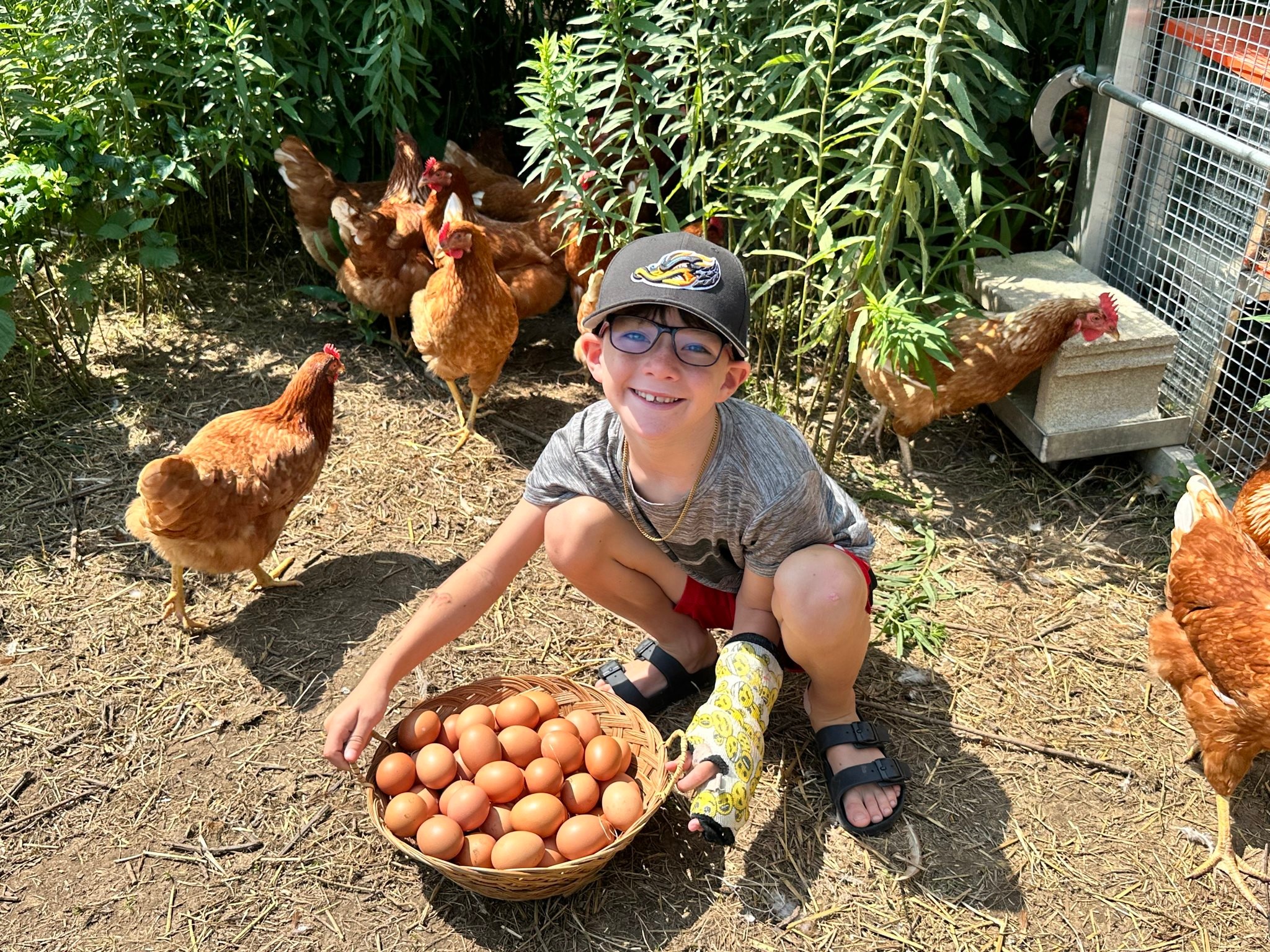
As always, we appreciate you sharing your insights and we’ve got a few more questions for you, but before we get to all of that can you take a minute to introduce yourself and give our readers some of your back background and context?
I’ve always been drawn to places where people and nature meet. Some of my earliest memories are being outside, exploring, and feeling this pull to be part of something bigger than myself. That thread has run through everything I’ve done — from leading camps and outdoor programs to the work I do now in nonprofit leadership.
I didn’t exactly “plan” to end up in this field. Honestly, I stumbled into it because I loved being outdoors, loved working with people, and realized there was this huge need for organizations that could connect the two. My career started in the camp world, and that’s where I learned how powerful it is to create experiences that stay with people forever. Over the years, I moved from teaching kids how to build a fire or paddle a canoe to figuring out how to run an entire organization that makes those kinds of experiences possible on a larger scale.
The work I do now blends a lot of roles — fundraiser, community builder, educator, problem-solver — and no two days look the same. One day I might be sitting in a board meeting mapping out a strategy, the next I’m hauling hay for the goats or leading a tour for kids seeing a farm animal up close for the very first time. At its core, my work is about connection: helping people reconnect with nature, with food, with each other, and with themselves.
What sets me apart? I think it’s that I’ve never been afraid to roll up my sleeves and do the unglamorous stuff. I’ve fixed toilets, dug fence posts, written policy manuals at my kitchen table, and stayed up late drafting fundraising proposals — all in the same week. That scrappy, hands-on approach keeps me grounded and reminds me that leadership isn’t just about vision; it’s about doing whatever it takes to move things forward.
What I’m most proud of are the transformations I’ve been part of — taking an organization that was on the brink and helping it grow into something vibrant and sustainable, or watching a kid who’s never set foot on a farm light up when they hold a chicken or pull a carrot from the soil. Those moments are what keep me going.
If there’s one thing I’d want people to know about me and my work, it’s that this is about more than farming or education or events — it’s about cultivating hope. I want people to leave an experience with us feeling lighter, more connected, and more inspired to take care of the world around them.
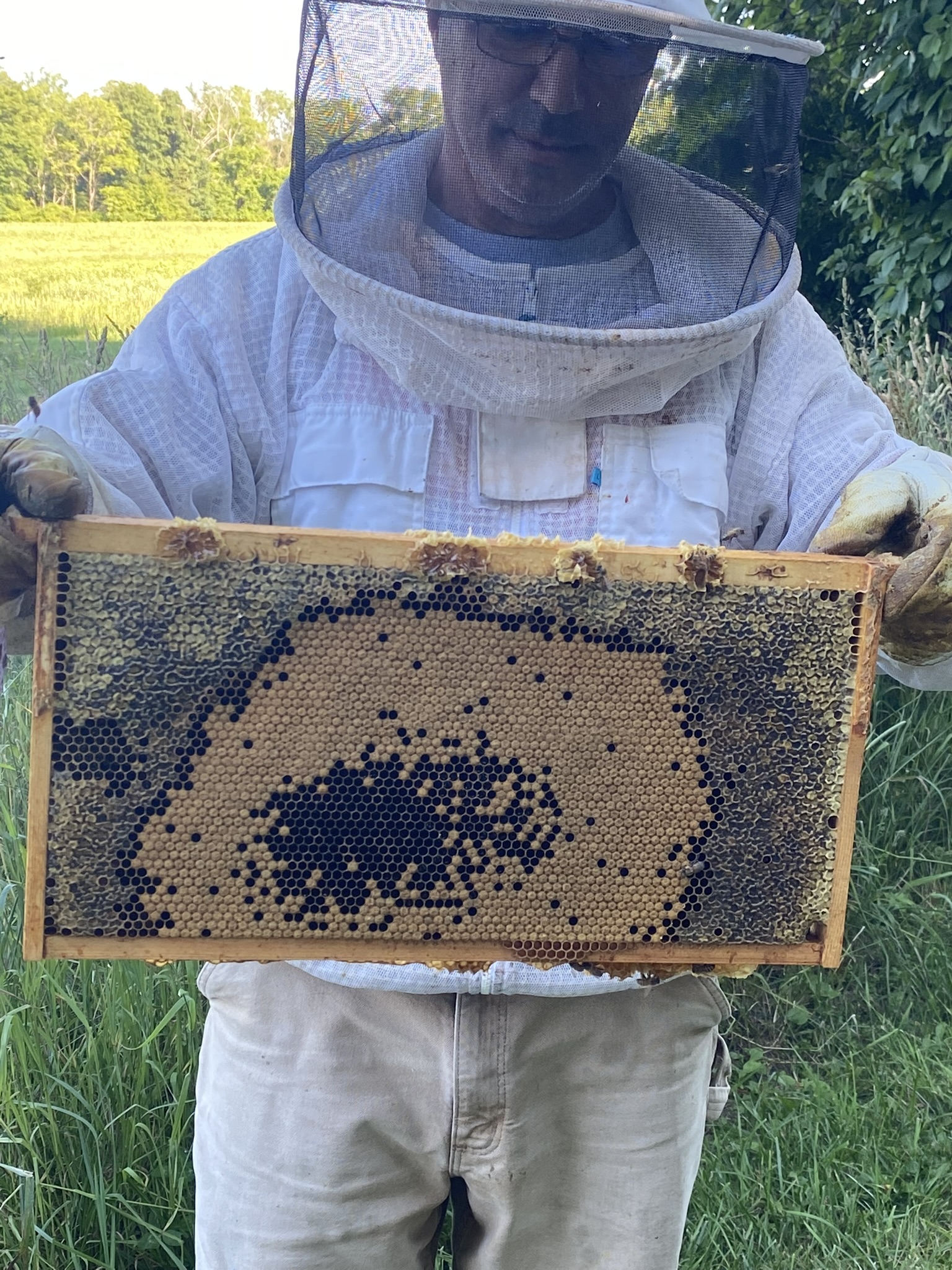
Can you share a story from your journey that illustrates your resilience?
When the pandemic hit, my entire world stopped overnight. Everything I’d built — summer camps, in-person programs, community events — was suddenly impossible. It felt like someone had yanked the power cord out of the wall.
For a day or two, I’ll admit, I was rattled. Then came the “well, we either figure this out or we fold” moment. So we started experimenting. We built family activity kits, launched virtual outdoor lessons (yes, it’s possible to teach kids about trees through a laptop), and even delivered supplies to doorsteps just to keep people connected to nature when they needed it most. Some ideas bombed, others took off, but little by little, the creativity outweighed the fear.
The real lesson? Resilience isn’t about waiting for things to go back to normal — it’s about finding a new way forward when normal disappears. That season taught me to adapt quickly, laugh at the flops, and lean into possibility. And honestly, I came out of it more confident than ever that if we can build community in the middle of a shutdown, we can do it anywhere.
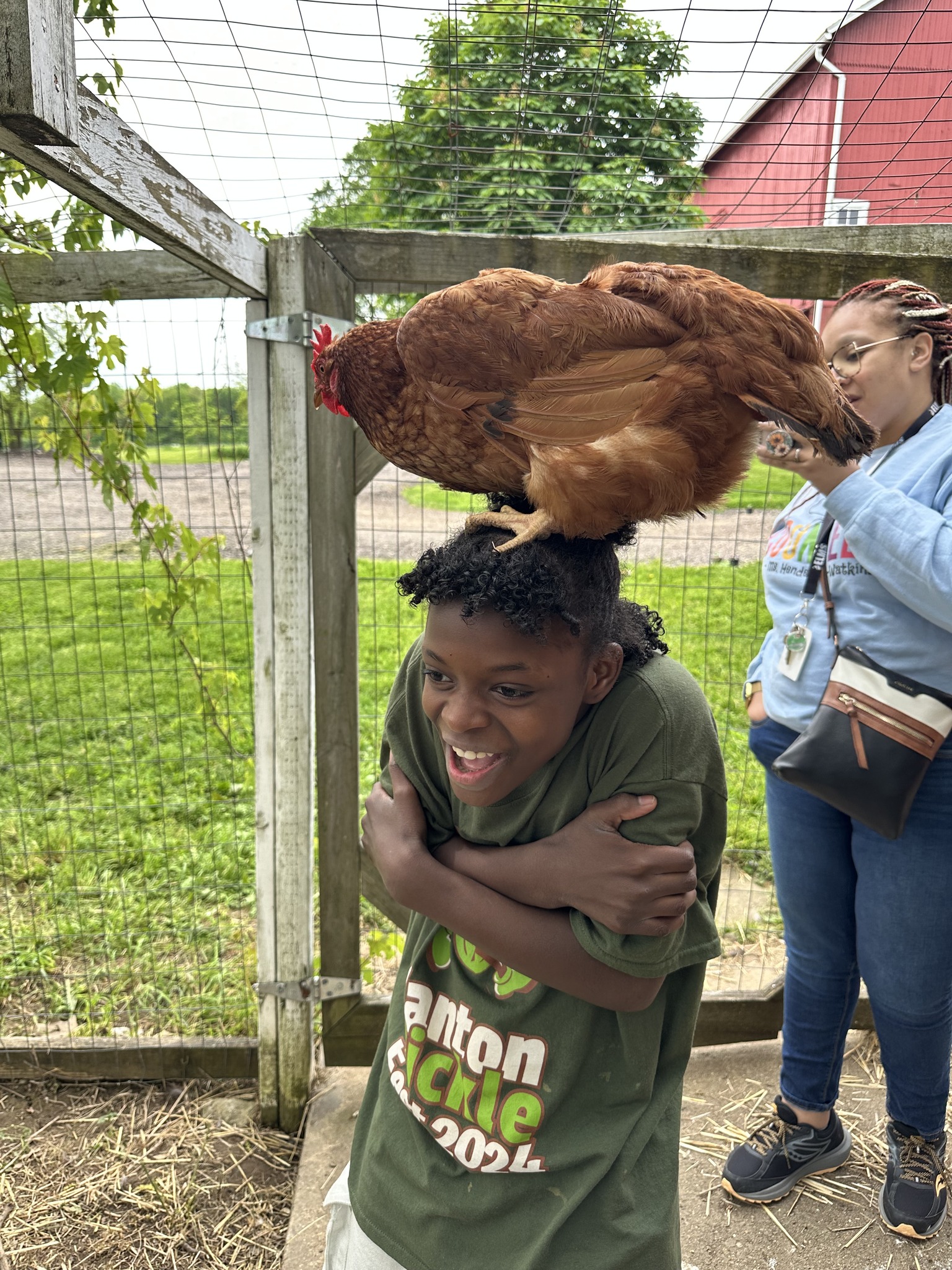
Putting training and knowledge aside, what else do you think really matters in terms of succeeding in your field?
Honestly, beyond training and knowledge, the thing that matters most in this field is adaptability and people skills. Working in nonprofits and community-based organizations means every day throws something new at you. One minute you’re in a board meeting discussing strategy, the next you’re hauling hay or calming a nervous first-time volunteer. If you can roll with those shifts, you’ll thrive.
I’d also say curiosity and humility go a long way. The work touches so many areas — farming, education, fundraising, event planning, facilities management — and no one can be an expert in all of it. Being willing to ask questions, learn from others, and admit when you don’t know something makes a huge difference.
And maybe most importantly: empathy. At the end of the day, this work is about people — feeding them, teaching them, connecting them to land and community. If you can really listen, make people feel seen, and meet them where they are, you’ll not only succeed, you’ll make the work meaningful.
Contact Info:
- Website: https://www.iankroberts.com
